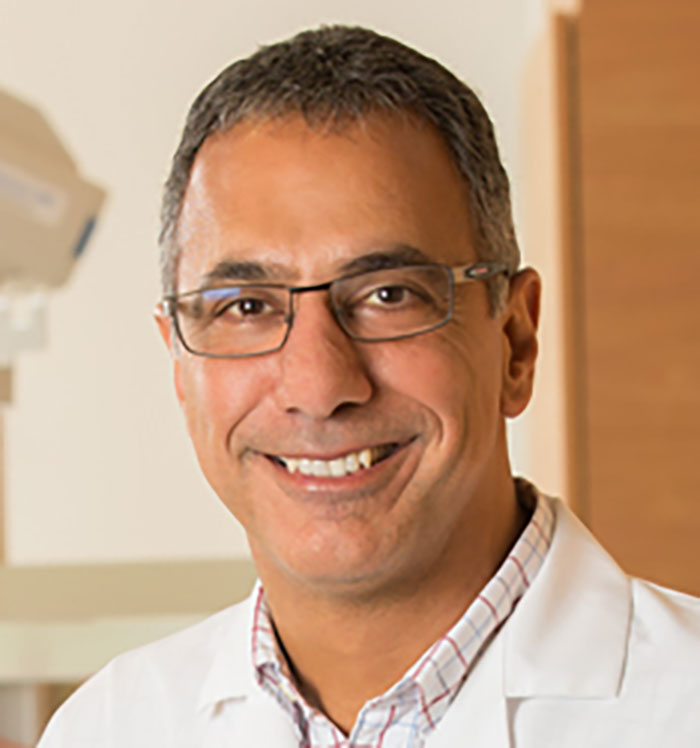Digestive Health Institute Update | Summer 2021
July 11, 2021
Innovations in Digestive Health | Summer 2021
 John Dumot,DO
John Dumot,DOThe worst of the COVID-19 pandemic appears to be behind us, and the University Hospitals Digestive Health Institute, rated a “Best Hospital” by U.S. News & World Report, is laser focused on colorectal cancer (CRC) screening and continuing to offer comprehensive care for patients with gastrointestinal cancers and disease.
“Following the pandemic, there’s a lot of pent-up demand for CRC screening and for follow up of symptomatic patients,” says John A. Dumot, DO, Director of the UH Digestive Health Institute and Professor of Medicine at Case Western Reserve University School of Medicine. “Unfortunately, some patients with advanced disease delayed care because of the pandemic.”
Dr. Dumot believes home-based stool screening for CRC with FIT and Cologuard — which filled the need for screening when in-person colonoscopies were limited due to the pandemic — is here to stay.
“These tests have been thoroughly embraced by both the Primary Care Institute and patients,” he says. “Now, we’ve identified a group of patients that either need follow up after a positive stool-based test result or need to be rescreened. Colonoscopy remains the best screening tool and the only method to prevent CRC. The DHI is fine tuning it’s operational approach and using data to close the gap in screening measures.”
To this end, the DHI is also investing heavily to improve quality metrics associated with colonoscopy, such as quarterly feedback on providers’ adenoma detection rates and quality of bowel preparation. Our instructions are constantly updated to reflect best practices to address patients’ feedback and as new laxatives come to market.
“We’re being more mindful of the care we provide, with better quality-related dashboards that include patient needs, especially after surgery or procedures,” Dr. Dumot says.
Rising star at UH
Linda Cummings, MD, was recently one of 10 women in the country who received the Maria A. Leo-Lieber scholarship award, which supports women in academic research. She also received a grant from the Cystic Fibrosis Foundation to expand her expertise in the gastrointestinal care of cystic fibrosis (CF) patients.
Dr. Cummings, who trained at UH and is now an Associate Professor at the School of Medicine, brings research experience and thoughtful, thorough care to the UH Digestive Health Institute, Dr. Dumot says. Many patients who pursue a second or third opinion seek out her expertise.
“Dr. Cummings’ interest areas include adult cystic fibrosis patients, who often have issues with nutrition due to mucus buildup in the pancreas that prevents the release of digestive enzymes,” Dr. Dumot says. “She’s also interested in small bowel disease, colon cancer screening, Barrett’s Esophagus surveillance and capsule endoscopy, and she helps pediatric CF patients transition to adult medicine.”
Dr. Dumot notes that Dr. Cummings goes the extra mile to help patients. If you have a patient who’s having malnutrition issues, especially if there’s a concern about pancreatic function, Dr. Cummings is a good resource to tap into.
Centers of Excellence
In addition to Dr. Cummings’ individual recognition, University Hospitals Seidman Cancer Center has also been nationally recognized as an approved NPF Center by the National Pancreas Foundation.
“We are very proud to have received this Center of Excellence designation for both pancreatitis and pancreatic cancer.” Dr. Dumot says. “Our Center includes four surgeons who specialize in pancreatic surgery and the pancreas islet cell transfer program.”


